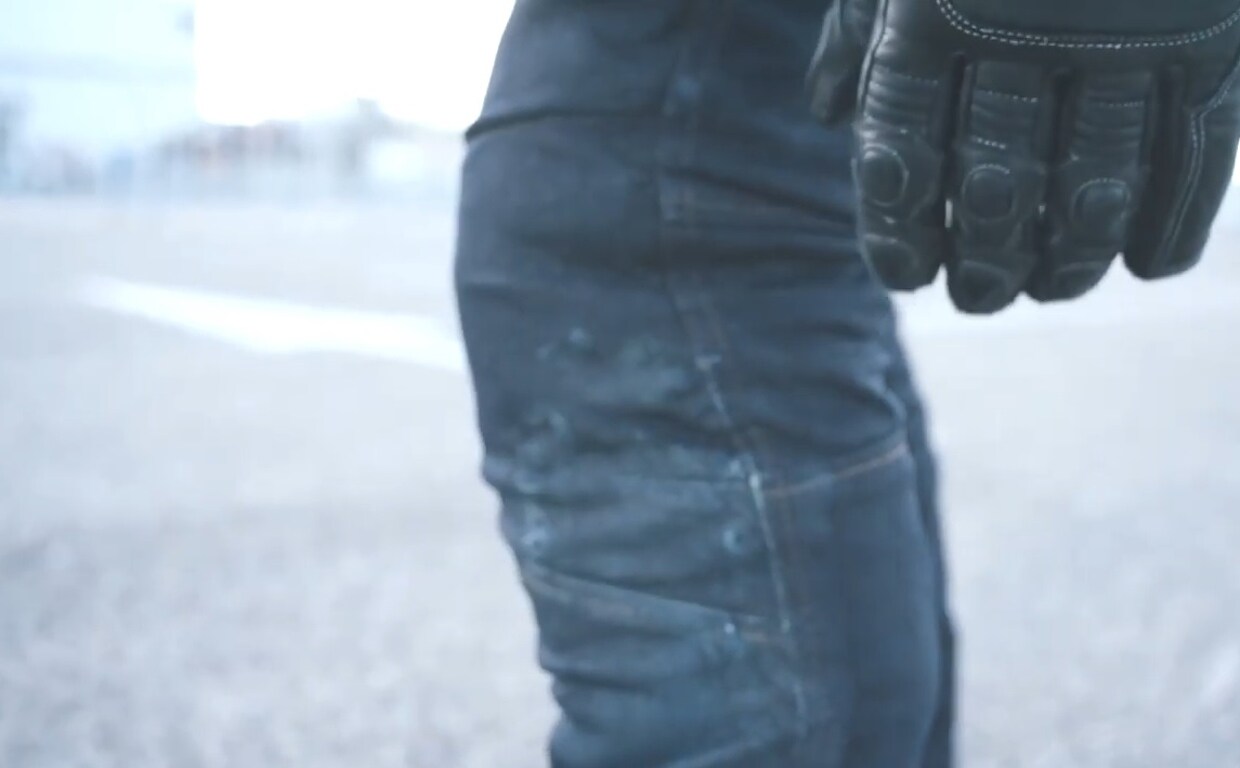Screeching brakes like those of trains in the movies, very annoying noises when accelerating or certain rattles when turning the steering wheel can be symptoms that something is wrong with your vehicle.
As time goes by and we cover more miles with the car, it is normal for noises to appear that are generally not a symptom that something is wrong, but there are others that we should pay close attention to.
One is the squeaking of the brakes because there are two of them. If the screeching is high when braking but when you release the pedal it stops sounding or does so intermittently; most likely pills
brake on the limit of wear since this sound is produced by a metal plate that the manufacturer itself mounts on the pad to precisely warn of wear.
For example, they warn from Oscaro, a platform for the sale of online spare parts, that emphasizes that there is a different kind of screaming. If this is similar to what you hear in the movies when a train brakes and drags on the track, the problem is in the friction material of the brake pad, which will wear out and rub the metal plate against the disc. . The brake pads should be replaced as soon as possible to avoid damage to the brake discs or, worse, to the hub or the caliper itself.
If the car makes a high-pitched squeaking noise when accelerating, that’s another time to watch out for. It usually occurs when you start walking and the most common cause is:
find on the line, which slides on the pulleys and in turn moves the auxiliary equipment such as the alternator, water pump or air conditioning compressor, among others. Although less common, this noise can also alert us that one of the pulley bearings, the tensioner or an attachment is stuck. However, stopping this screeching is as easy as tightening the belt or replacing it right away.
If we notice a slight hammer blow in the engine that it didn’t before, the best we can do is:
turn off the engine and have it towed by a tow truck To the workshop. While in most cases it is usually something minor, such as a connecting rod that has come loose and hit the crankshaft, repair is expensive. In addition, it would be much worse if we kept going and the connecting rod got stuck or slipped out of place because the engine block could break, forcing us to put in and buy a completely new engine.
Even if you hear one
sound when turning the steering wheel. It is important to emphasize that at the moment almost no new car has hydraulic direction assistance as almost all cars are electric. However, many cars still have power steering and one of the symptoms of turning the steering wheel all the way is hearing a growling noise when steering. This noise is due to a low fluid level as air enters the hydraulic pump and bubbles form in the fluid. The first thing to do is check the power steering level and top it up if necessary, because if we use the car a lot in this condition, we could break the hydraulic pump. In the same way, the level has dropped because there is a leak in the circuit and we have to check it.
Finally,
watch out for clatter when manoeuvring. This unique ‘cla-cla-cla’ sound can be caused by a grease leak if the drive shaft sleeve is cracked, as the gasket dries out and causes the chatter. There are two elements that can come into play: the gimbal and the bellows, so stopping this noise has an easy solution; Checking both elements will solve the problem.
Source: La Verdad
I am Ida Scott, a journalist and content author with a passion for uncovering the truth. I have been writing professionally for Today Times Live since 2020 and specialize in political news. My career began when I was just 17; I had already developed a knack for research and an eye for detail which made me stand out from my peers.


-U53757650633GAY-984x468.jpg)
